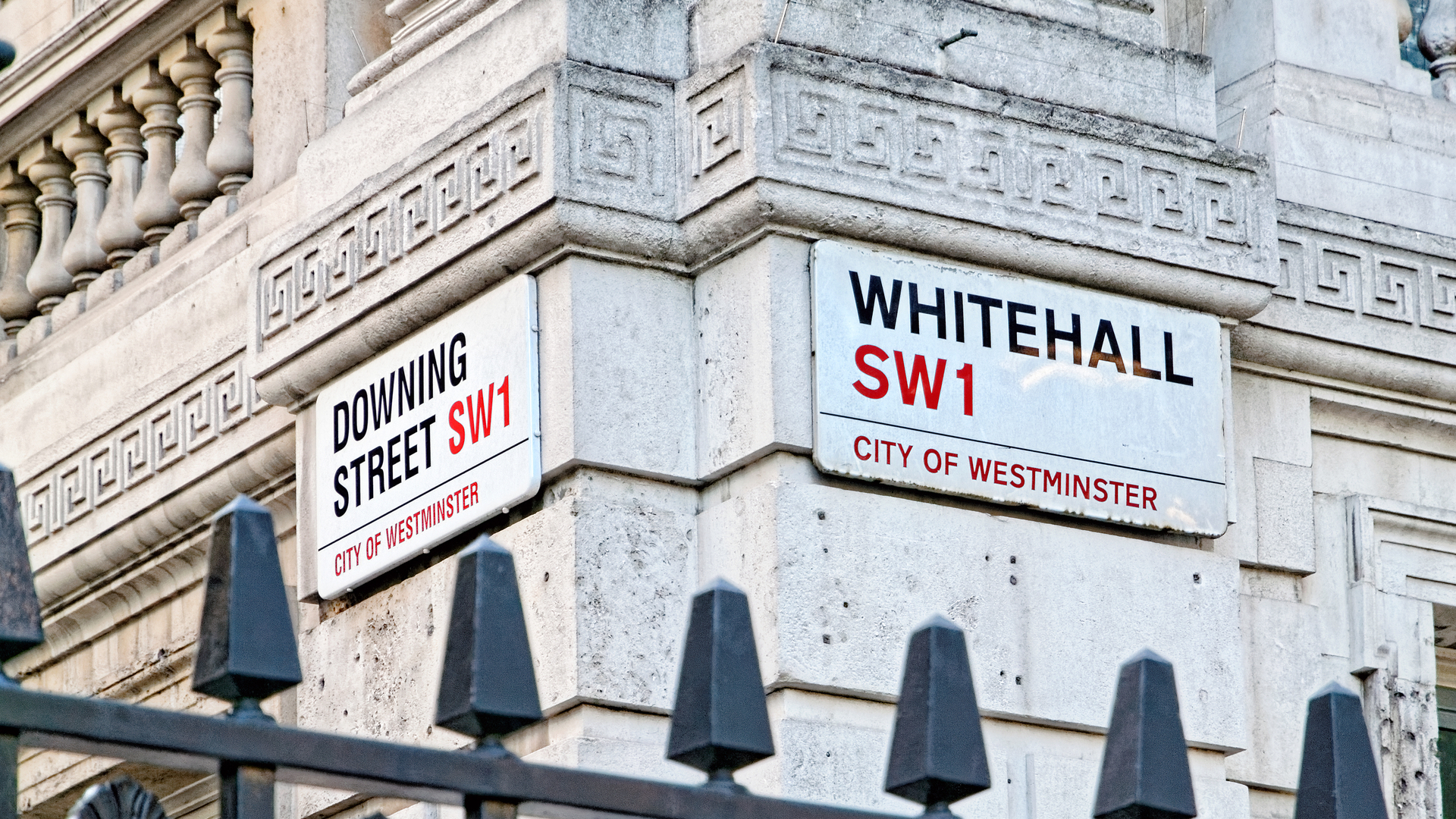Government systems 'unprepared' for no-deal Brexit
The Institute for Government says Whitehall systems are likely to have "temporary sticking plasters" when the UK departs the EU

The UK government is not ready for a no-deal Brexit, with crucial IT systems unlikely to be in place and businesses facing scant time to plan for life outside of the EU, a Whitehall report has warned.
The Institute for Government think tank has published a damning paper on the scale of preparedness in Whitehall in the event of failure to negotiate a deal. Brexit: six months to go' also says that "secrecy and sensitivity" around Brexit has created a difficult atmosphere for businesses ahead of March 2019.
In the event of a no-deal Brexit, the report says that "just a fraction of the processes and systems" will be ready, and that there is "insufficient time for much more than temporary sticking plasters".
The creation and implementation of new IT systems are likely to be the major areas of disruption. The think tank notes that the government has already admitted that new customs systems are unlikely to be up and running by December 2020, given the uncertainty about the UK's future relationship with the EU. Previous figures from HMRC have also suggested that a new customs system could cost as much as 20 billion.
Other issues mentioned in the report include the UK's future role in the EU's security partnership and Global Satellite Navigation System (GNSS), as well as the preparedness of Whitehall departments for a new regime of border checks. The paper notes that the government is working with the Post Office to increase capacity for processing international drivers' licences, with an aim to make these available from February 2019, but that the Department for Transport has yet to reveal detailed delivery plans.
Citing reports from the National Audit Office (NAO), the think tank says the Department for Transport "has not yet begun implementing a number of new IT systems and databases it will need to issue permits."
A digital service allowing EU businesses to declare and pay VAT on products sold in the UK is planned for early 2019, but the report says progress is "unclear" on how VAT registration numbers will be validated.
Get the ITPro daily newsletter
Sign up today and you will receive a free copy of our Future Focus 2025 report - the leading guidance on AI, cybersecurity and other IT challenges as per 700+ senior executives
A previous missive from the NAO points to similar problems around IT systems at the Department for Environment, Food and Rural Affairs (DEFRA), warning that it hasn't properly prepared for the new chemical regulatory ruleset in the case of a no-deal Brexit.
Whether or not "temporary sticking plasters" can hold, any IT disruption caused is highly likely to ripple down to businesses.
"Brexit implementation depends on a wide-ranging web of external organisations," Institute for Government think tank noted. "There are more than 140,000 different businesses that will need to be ready for changes at the border alone, for instance.
"If a few critical ones are not prepared, it does not matter how ready the Government is."
-
 Should AI PCs be part of your next hardware refresh?
Should AI PCs be part of your next hardware refresh?AI PCs are fast becoming a business staple and a surefire way to future-proof your business
By Bobby Hellard Published
-
 Westcon-Comstor and Vectra AI launch brace of new channel initiatives
Westcon-Comstor and Vectra AI launch brace of new channel initiativesNews Westcon-Comstor and Vectra AI have announced the launch of two new channel growth initiatives focused on the managed security service provider (MSSP) space and AWS Marketplace.
By Daniel Todd Published